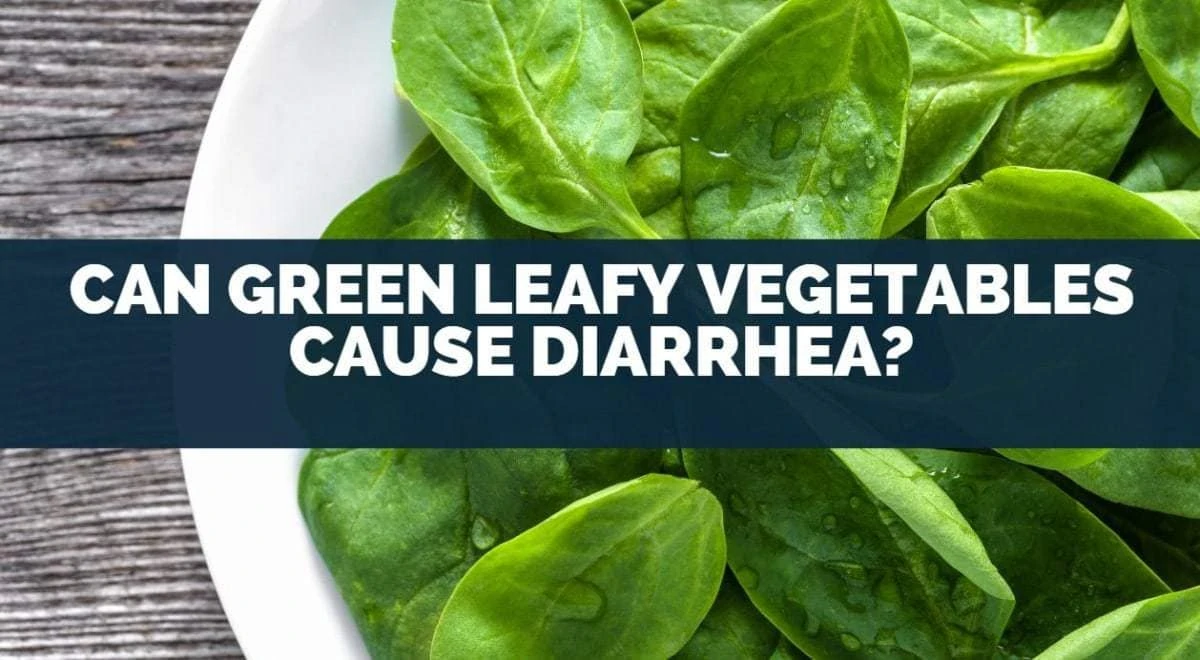
This is often a topic that comes up when you start looking into the potential causes of diarrhea.
There’s a not-so-strange connection between the greens you eat and loose stools.
So, can green leafy vegetables cause diarrhea?
Green leafy vegetables have been known to cause diarrhea in some people. The cause of this is the high levels of fiber found in most vegetables.
Bacteria from mishandled veggies can also cause diarrhea.
It’s important to wash your vegetables thoroughly before eating them to remove bacteria.
Let’s take a closer look at why green vegetables cause upset stomachs and diarrhea.
Table of Contents
Why Do Green Vegetables Upset My Stomach?
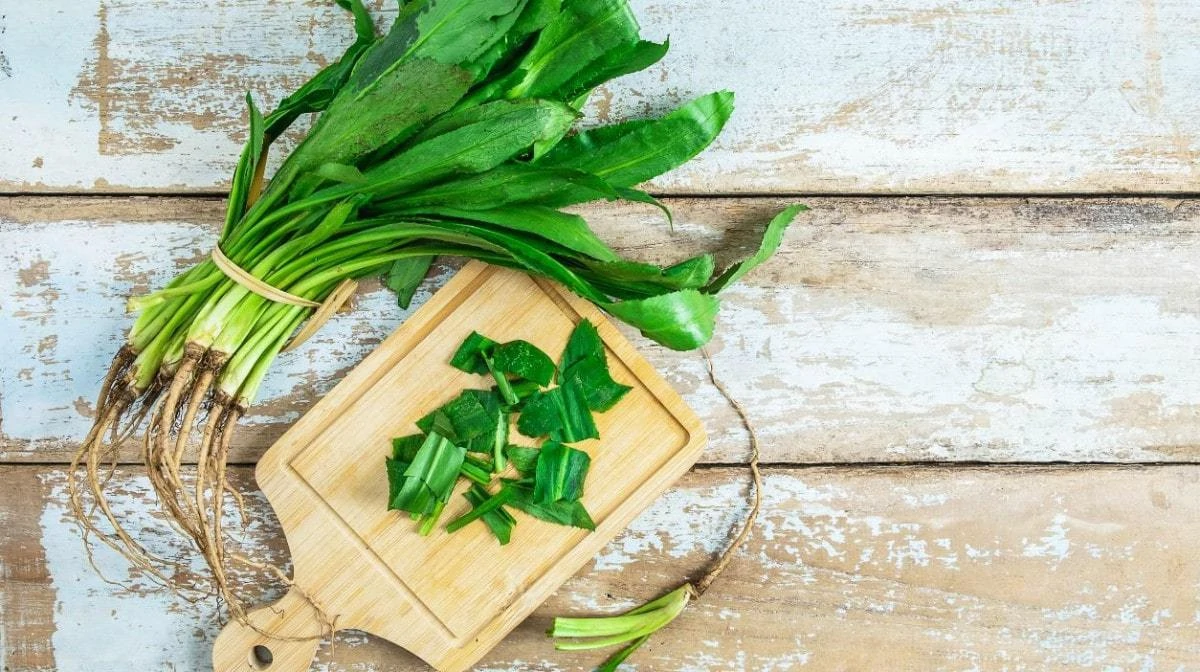
There is a straightforward explanation for why green vegetables hurt your stomach and cause diarrhea.
Green vegetables upset your stomach because vegetables are high in fiber.
That may sound odd, considering fiber is typically considered a binding agent.
The reason fiber can work against you is because of the type of fiber you’re consuming.
You’ll find two types of fiber in the foods we eat. You have soluble and insoluble fiber.
There is usually some form of both in the foods you eat. Insoluble fiber has the potential of causing diarrhea in people who eat too much of it.
You can find this insoluble fiber in various foods, but it’s most commonly found in leafy vegetables, tomatoes, wheat, and broccoli, among other things.
Our bodies aren’t capable of digesting insoluble fiber.
This type of fiber doesn’t absorb the water in our digestive tracts, leading to diarrhea.
Soluble fiber is more digestible for us. This kind of fiber absorbs water and makes your stool more solid. This makes it easier to pass and reduces your chances of watery stools or diarrhea.
Foods such as beans, apples, oats, and many others all contain soluble fiber.
Eating leafy greens that are high in insoluble fiber can help relieve the pressure of constipation.
However, eating too much of these veggies can lead to diarrhea as well. There should always be a balance between the two types of fiber in your diet.
Vegetables That Contain High Levels of Insoluble Fiber
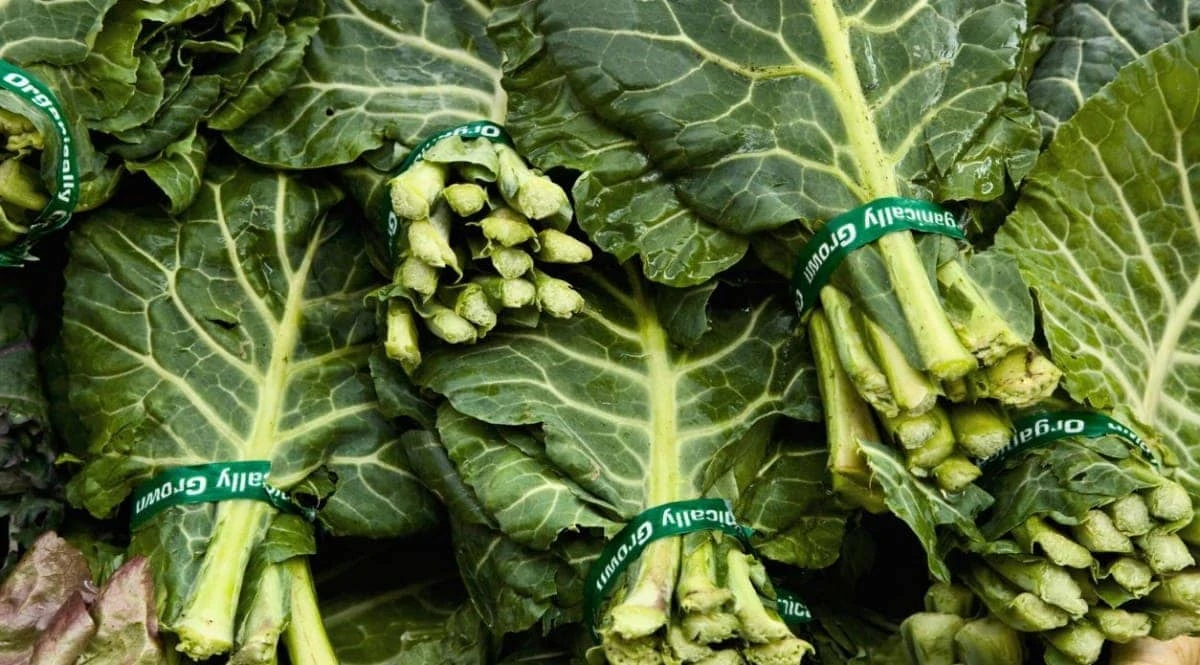
If you notice that you’re having bouts of diarrhea, take a look at your diet.
Below you’ll find a list of vegetables that have a higher insoluble fiber content than other vegetables.
If your diet contains too much of one or more of the veggies listed below, you may notice looser stools than usual.
- Kale, Spinach, Arugula, Collards, and other similar green leafy veggies
- Peas (snow peas, whole peas, pea pods, and snap peas)
- Celery
- Eggplant
- Broccoli
- Cauliflower
- Corn
- Cabbage
- Bell peppers
- Onions
- Shallots
- Brussel sprouts
Vegetables With High Soluble Fiber
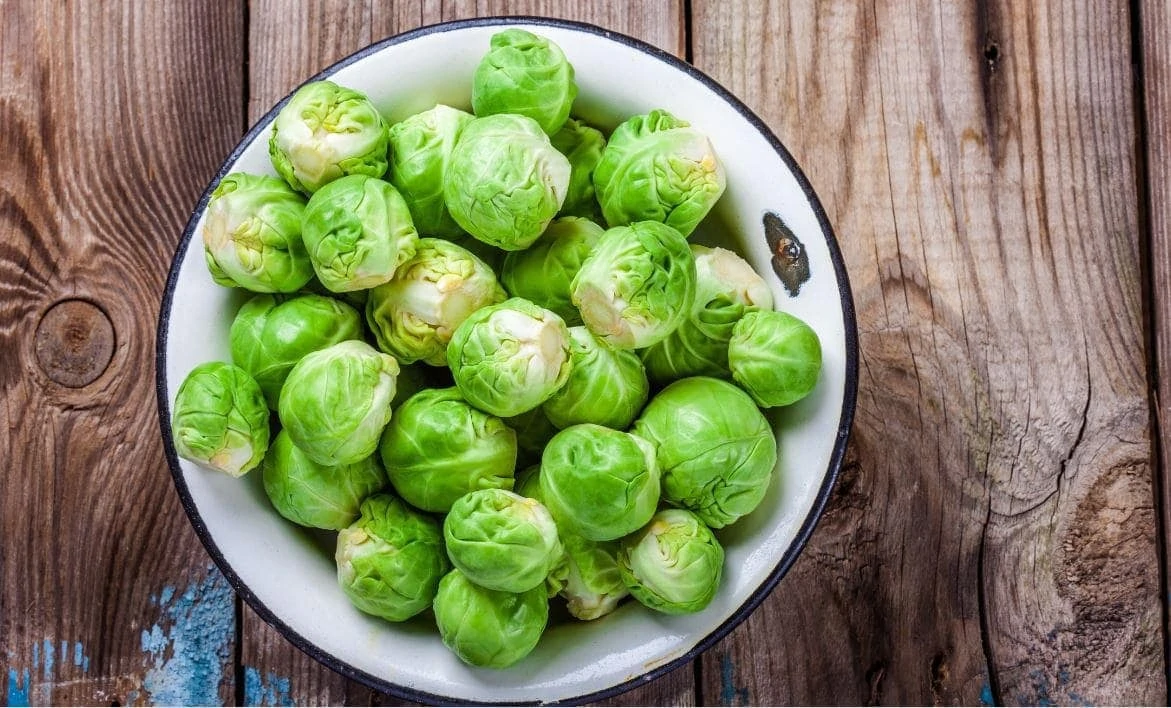
If you find that you have looser stools than normal, you can try introducing veggies high in soluble fiber.
This has the potential to relieve diarrhea, but it isn’t an actual or complete fix. For that, you’d want to ask your doctor.
Below you’ll find a list of vegetables that are high in soluble fiber.
- Summer and winter squash
- Potatoes, sweet potatoes, and yams
- Carrots
- Turnips
- Beets
- Plantains
- Rutabagas
- Parsnips
Why Leafy Greens Will Help You Poop
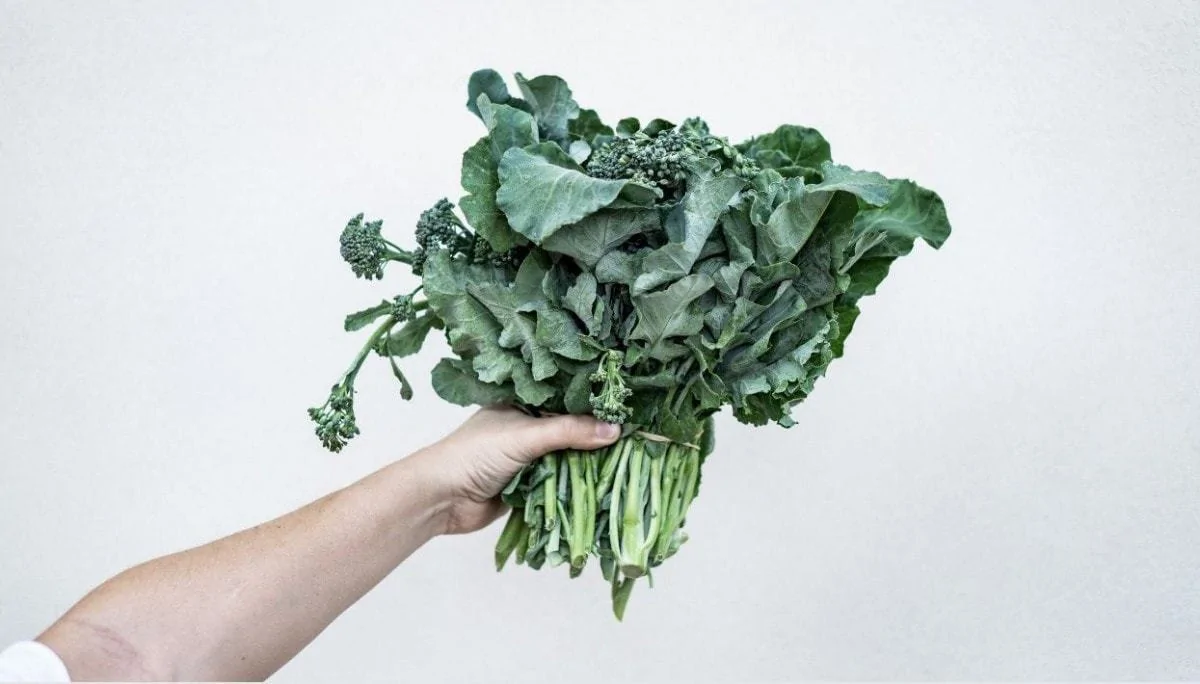
When you’re constipated, the pressure to find relief gets greater as more time passes without a bowel movement.
Luckily, there’s a simple way to potentially get that digestive tract working properly again. Increasing your veggies, particularly those leafy greens will help you poop.
As mentioned in the section above, leafy greens will help you poop because of the fiber in them.
However, leafy greens aren’t just full of fiber to help you make a bowel movement. Spinach, kale, and chard, among other dark green vegetables, are full of other nutritional properties that help your digestive tract.
You’ll find that these veggies also contain large amounts of potassium and magnesium.
Magnesium will help your colon, while potassium helps the muscles found around your digestive system.
Also mentioned in the section above, you’ll want to make sure you don’t eat too many of these leafy green vegetables, or you risk having loose stool or diarrhea.
Finding Undigested Leafy Greens In Poop
Sometimes, when you eat a lot of these leafy greens, you’ll find whole pieces in your stool.
What does it mean to find undigested leafy greens in your poop?
Finding undigested leafy greens in poop generally means that the food is passing too quickly through your intestines.
Your body isn’t being given enough time to digest the vegetables.
Typically, having this undigested food in your poop isn’t a problem. If you also have diarrhea or other changes in your bowel movements, then it could potentially be a larger issue.
You’ll want to contact your doctor if you have major changes to your weight and bowel habits.
How Long Do Leafy Greens Take To Digest?
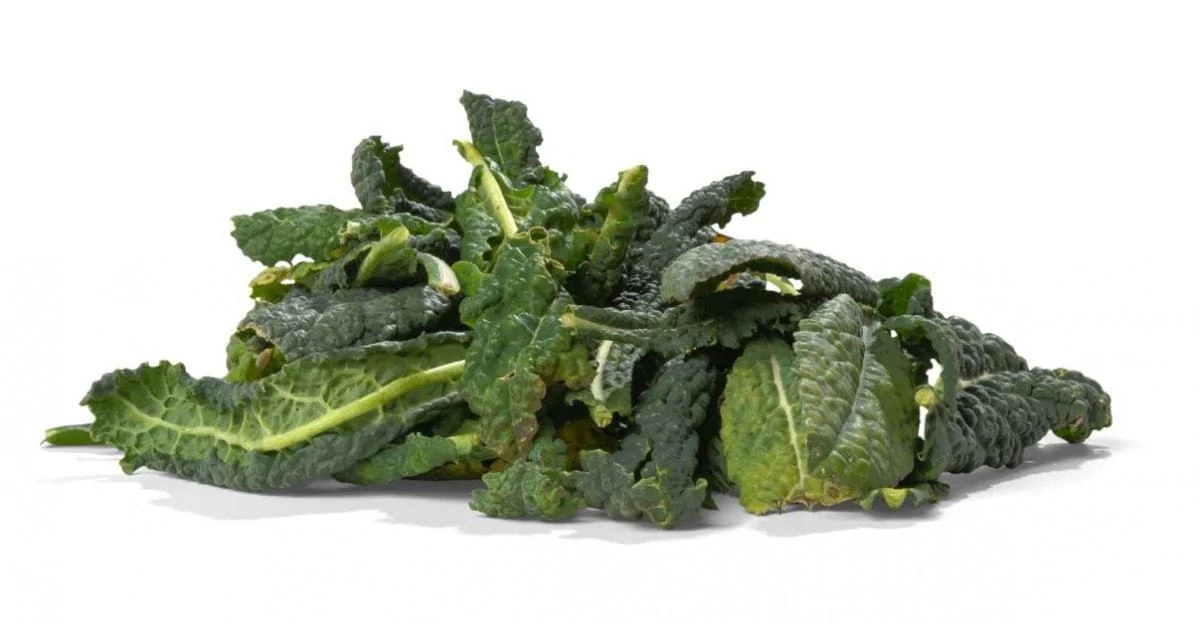
Leafy greens only take about 40 to 50 minutes to digest.
However, the digestive system as a whole takes longer than that.
Below is a chart for each phase of digestion and how long that typically takes to complete.
| Stomach Digestion | Small Intestine Digestion | Absorption | Waste |
| 2 to 4 hours | 3 to 5 hours | Average of 36 hours | Varies on your body |
Now, your stomach and small intestines will likely digest your leafy green veggies in 40 minutes, but it should take longer before it passes out of your body as a bowel movement.
Best Things To Try if Leafy Greens Are Causing Upset Stomach
If you’re experiencing diarrhea as a result of leafy greens, there are a few things you can try to relieve your discomfort.
However, these options aren’t meant to cure diarrhea if there is a more pressing issue present.
It’s best to talk with your doctor about any concerns you may have regarding diarrhea and its root cause.
Wash Your Veggies Thoroughly
The produce we get from grocery stores is covered in bacteria.
How many times have you seen a person pick up a cucumber, examine it, only to put it back in favor of another one next to it? This happens all of the time, no matter where you go.
In addition to those germs from other customers, some of the bacteria found on produce are from transport, and some are from animals in the fields the food came from.
Then there are those germs that come from grocery store employees as they place the food on the shelves for sale.
It’s important to wash your vegetables to remove these germs before you consume them.
Without washing your produce, the bacteria there will make its way into your digestive tract and likely impact your gut bacteria.
Your digestive system is made possible by the bacteria already found in your gut.
If there are too many bad bacteria in your gut, you risk having diarrhea, among other digestive issues. You can avoid upsetting the balance of bacteria in your gut by washing your fruits and vegetables.
Chew Your Food Completely
Sometimes your digestive system needs your help to work properly.
You can assist your digestion by chewing your food more thoroughly. By doing this, you break the food down into smaller, more manageable pieces for your digestive enzymes.
This can also help to reduce the amount of undigested food you find in your stool if that is an issue you’re having.
In addition to assisting your digestive system, chewing your food thoroughly increases the likelihood that your body will absorb the nutrients from your food. Chewing thoroughly ensures your food passes easily through your intestines.
Cook Your Vegetables
Cooking your vegetables will make them softer and easier to chew.
Breaking down the hard-to-digest fibers will help your digestive enzymes as they work to break the fibers down enough further. You can try roasting, sauteing, or steaming your vegetables.
Even mashed vegetables will assist your digestive system. If your veggies are mashed, it’s going to mimic the effects of thoroughly chewed food, which will also ease the work your digestive tract has to do.
Eat Fermented Vegetables Instead of Raw Ones
As with cooked vegetables, fermented veggies are easier to digest.
The fermentation process of vegetables actually works similarly to the way your body would digest them.
Essentially, these vegetables have already done most of the work for your digestive system, which should result in less stomach pain and diarrhea.
Ease Back on the Amount of Vegetables You’re Eating
If none of the above suggestions improve your digestion, try cutting back on the number of vegetables you’re consuming every day.
Try eating smaller servings or cutting out a type of vegetable completely for a few weeks. Once your diarrhea has subsided, you can try to reintroduce the vegetable into your diet in small amounts to see how your stomach handles the food again.
Ask Your Doctor
The best solution for diarrhea is to contact your doctor. If you have a sudden change in your bowel movements or weight, it could be something unrelated to the foods you’re eating.
If you have any doubts or concerns about the health of your digestive tract, you should reach out to your doctor and make an appointment.
Summary
Leafy green vegetables are important to maintain a healthy digestive system.
The high levels of fiber are perfect for keeping up a regular bowel movement schedule.
Unfortunately, due to high fiber levels, these healthy leafy green vegetables can result in loose stools or diarrhea.

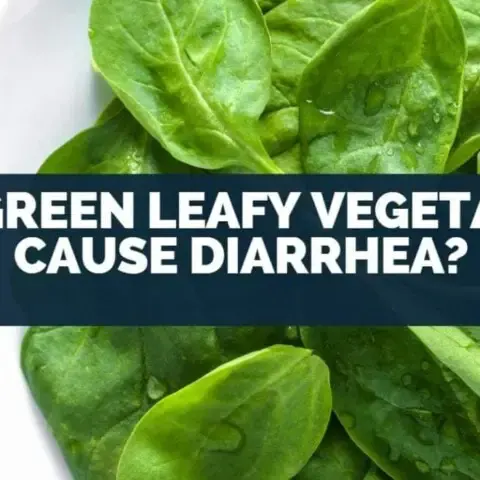
Leave a comment